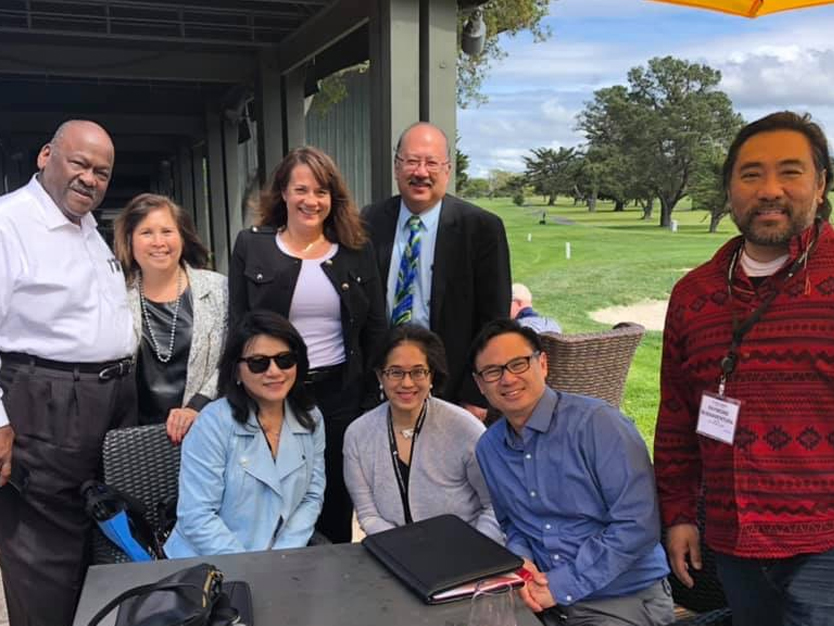
In yet another sign of how the Peninsula has changed, a group of local political leaders has formed a new Asian-Pacific Islander Caucus with the intention to mobilize politically what is one of the area’s booming demographic groups and the second-largest racial category in San Mateo County.
Coordinated by Jeff Gee, former Redwood City Councilmember, and Millbrae Mayor Wayne Lee, the caucus will raise funds, endorse candidates, engage in voter education and call attention to issues critical to the community.
“The API voice in San Mateo County is not there,” Gee said. “It’s not present,” nor is it unified and “everyone is doing their own thing.” The formation of the caucus is intended to be a means by which “all the Asian and Pacific Islanders come together. It’s time to raise our vision together.”
According to updated 2017 U.S. Census data, more than 31 percent of the county’s 763,000 residents are Asian American, either solely or in combination with other races; 2 percent are Hawaiian/Pacific Islander. In some cities, Asian Americans are the largest demographic – nearly 50 percent in Millbrae, 55 percent in Daly City.
The largest demographic in the county is white at 52 percent, followed by Asian, then Hispanic at 25 percent and African American at 2.4 percent. By next year’s census, San Mateo County will be a majority minority county.
The impending census was a significant prompt for the formation of the API Caucus. Gee said Asian Americans and Pacific Islanders may be the “largest undercounted demographic in the county.” He said many members of these communities are not sufficiently informed about the census and opt not to participate or simply don’t know they should.
Gee acknowledged it’s not entirely clear how many APIs are in elective office in the county – there are 13 on city councils and several on local school boards, particularly the San Mateo-Foster City, Belmont-Redwood Shores and Jefferson Elementary districts.
Gee said there is an opportunity for growth and he wants to focus on “pipeline building,” identifying future prospective candidates and providing them training on how to build a campaign organization. “The progress people have made, they have made on their own,” he said. A coalition can multiply influence, both within the community and as the caucus partners with other political interests, such as the Latino and the LGPTQ communities, Gee said.
Gee said the caucus has a modest goal of raising $5,000 for its activities, which he described as “very, very modest.”
He also said the group will address what he described as “subtle racism.” He cited an effort by some Millbrae residents to limit the number of Asian restaurants, contending it was “too many” and was over-dominating the city’s dining scene. Gee also cited a recent letter to the editor in which the author complained about the Asian American label, asserting that those who use the term should define themselves either as Asian or American.
As I noted at the beginning, it’s another signpost on the road to a different San Mateo County, a changing of the guard, as it were. San Mateo County simply is not the homogeneous, mostly white, mostly middle class community it was two generations ago.
There will be some who object to “racial politics” that distinguish between races, but racial differences often can spell societal and economic differences. And most assuredly, they tend to lead to reduced political power. The differences long have been drawn, to the detriment of minority communities – those on the outside of the political status quo.
Unifying in the name of common interests is the essence of coalition politics and it’s as American as apple pie.